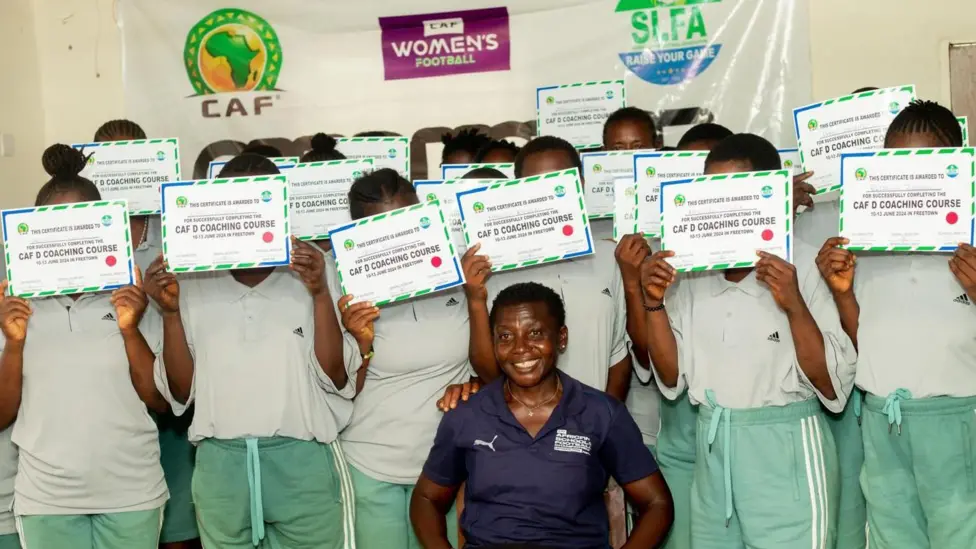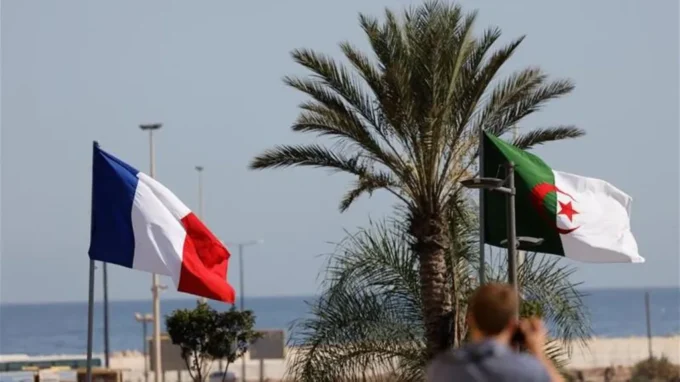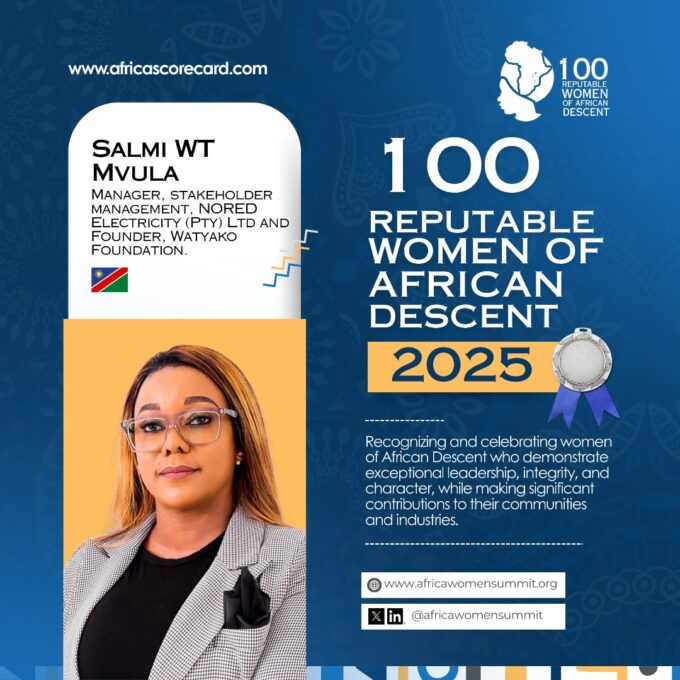In the heart of Freetown, Sierra Leone, a powerful transformation is taking place behind the walls of the city’s female correctional facility. For inmates like Marie, who spent nearly four years in prison, football has become more than just a sport it’s a path to redemption and a second chance at life.
Marie was one of 26 female prisoners who participated in the first-ever football coaching course for inmates, organised by the Confederation of African Football (CAF) through its “Football for Reform” initiative. The program also included five female police officers and provided participants with a CAF-accredited D Licence, enabling them to coach at the grassroots level upon release.
“It was more than the word great,” Marie said, describing the moment she received her coaching certificate. “With this coaching certificate, I want to be able to get a job.”
Football, in this case, has become a critical tool for rehabilitation and empowerment. The idea was initiated by Isha Johansen, former president of the Sierra Leone Football Association (SLFA), who was moved by the conditions of the inmates, many of whom are imprisoned for petty crimes driven by poverty.
“I had to make a change,” Johansen said. “Football was the massive tool I had at my disposal.”
The eight-day course was conducted on the Astroturf at the SLFA Academy due to a lack of facilities at the prison, with inmates supplied with jerseys and gear. Now, the prison plans to construct its own football pitch in the coming months. Beyond coaching, some inmates are contributing by sewing jerseys and bibs for football clubs across the country, opening more paths to reintegration and employment.
“What I’d like to see is when these girls go back into society, they don’t end up back in prison,” Johansen added. “They’ve got skills now. They can work with schools or at the federation. That’s the goal.”
This transformative initiative has already expanded to Ghana and is currently running in Liberia. In Ghana, the Nsawam female prison home to over half the country’s female prison population, welcomed the CAF course earlier this year. There, former Ghana international and Black Queens coach Mercy Tagoe led training sessions and reinforced the long-term value of this program.
“They go to prison to be reformed. So this course can help them move on with their lives,” Tagoe noted.
For many of the women, the coaching license symbolizes more than just a qualification it’s a symbol of hope, dignity, and empowerment.
Johansen is now collaborating with CAF and FIFA to take this initiative beyond West Africa, aiming to implement similar programs across Africa, Asia, and South America.
“Football is so much more than 90 minutes on the pitch,” Johansen said. “It’s a tool for positive social change.”
In prisons across Africa, women are discovering that while their circumstances may have confined them, their futures remain full of promise, thanks to the unifying power of football.














Leave a comment